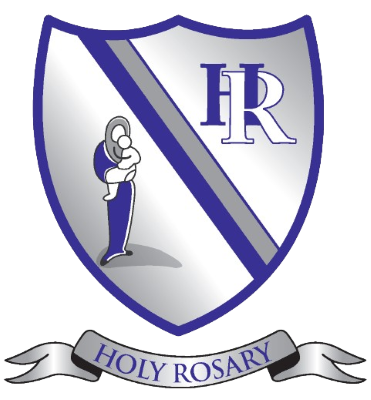Geography
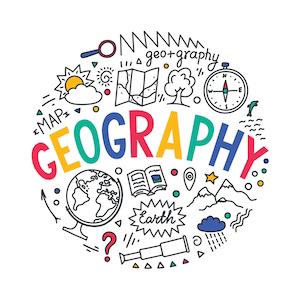
Our Curriculum
The natural world is the greatest source of excitement; the greatest source of visual beauty; the greatest source of intellectual interest. It is the greatest source of so much in life that makes life worth living.
- Sir David Attenborough
Intent
At Holy Rosary Catholic Primary School, our mission is ‘Together as a family, we love, learn and grow in the presence of God’. Throughout the curriculum, we strive to develop the skills, knowledge and learning attitudes of our pupils so that they may become the best that they can be. We pride ourselves on our bespoke curriculum which we created and designed collaboratively as a whole school. We wanted it to tell a story and to enhance, develop and inspire our children’s curiosity and fascination about the world. We considered current research into the knowledge-based curriculum and cognitive learning.
The specific intent behind our Geography curriculum is to enable each student to become a confident and skilled Geographer. We use metacognitive strategies as we want them to be able to recall places, geographical terminology and concepts as well as be critical and ask questions about the material they encounter and build on their prior knowledge.
Our curriculum is designed to develop knowledge and skills that are progressive and transferable throughout their time at Holy Rosary and their future lives above and beyond education.
Implementation
-
Geography is taught in blocks throughout the year with a unit being taught in one of the Autumn, Spring and Summer half terms.
-
Our Geography units are sequenced and ordered with required learning being explicit.
-
All learning will start by revisiting prior knowledge. At the start of each topic, children will review previous learning by completing a KWL grid and children will have the opportunity to add their newly acquired knowledge to their grid and share what they know about a current topic.
-
Through effective teaching and learning strategies, children are encouraged to become active learners, gain confidence and be able to ask questions and solve problems.
-
Throughout our curriculum, current research into cognitive learning and a knowledge based curriculum have been taken into account. In Nursey and Reception, we follow the EYFS areas of learning. Our KS1 and KS2 curriculum is built on the National Curriculum Programmes of Study.
-
Geography topics are not taught in isolation and children are encouraged to revisit and make links between previous units to strengthen their prior learning.
-
Key knowledge of skills that children acquire and develop throughout each unit have been carefully mapped by staff to ensure progression between year groups throughout the school.
-
Fieldwork is done throughout the school with at least one piece of fieldwork planned in each year.
-
Climate change is woven throughout the curriculum to ensure children develop a greater understanding of how it effects the world and to demonstrate its importance.
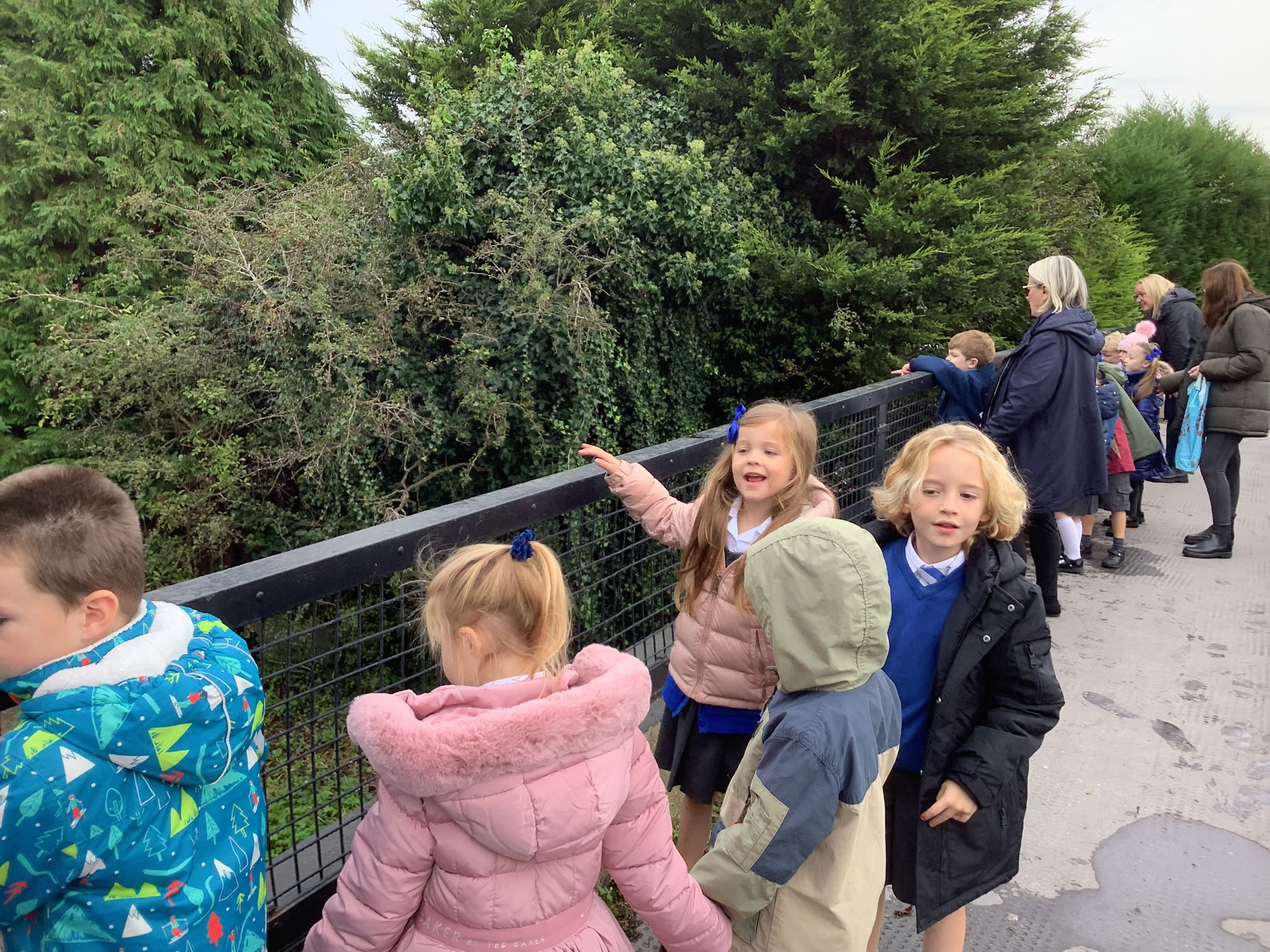
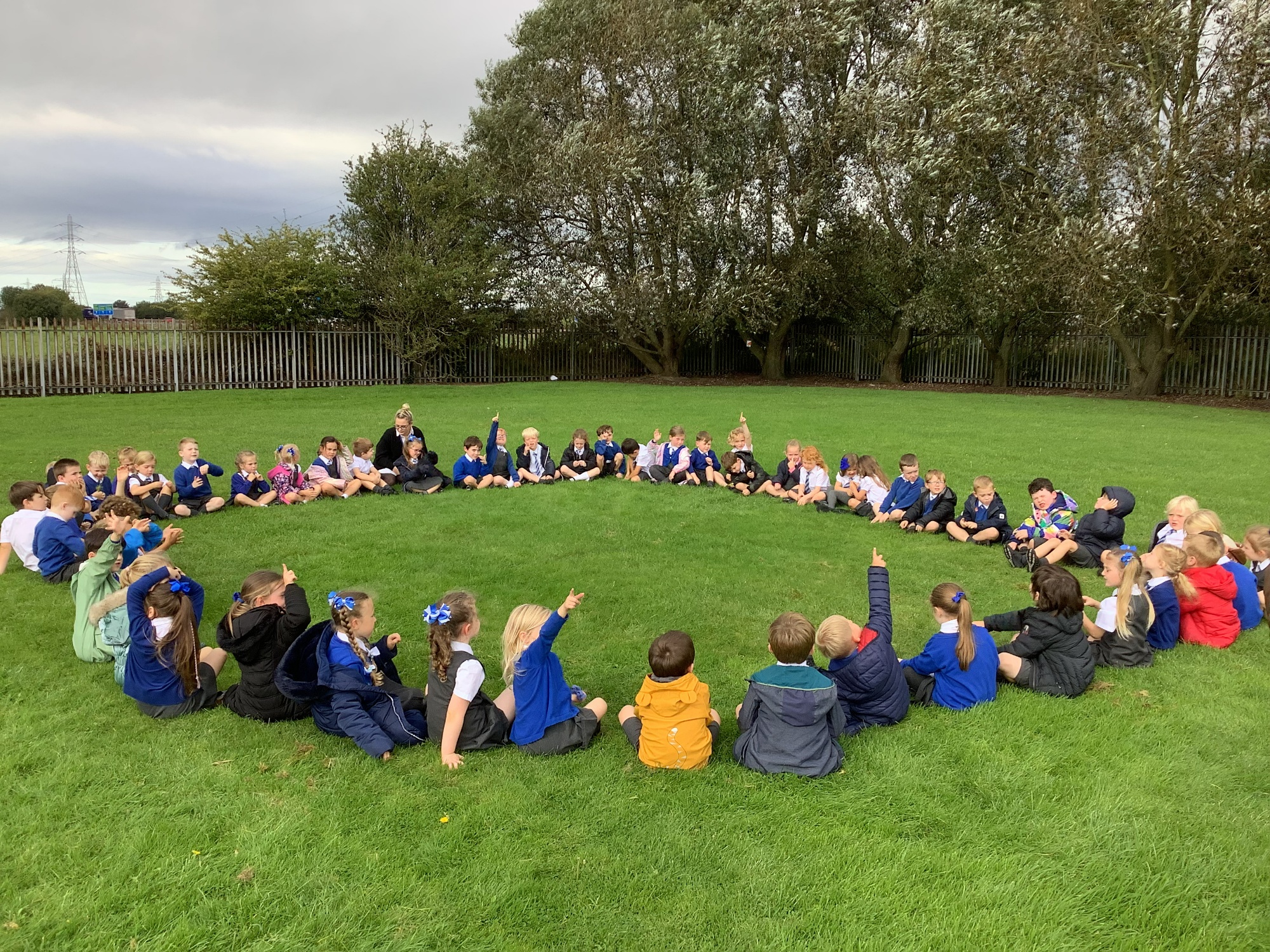
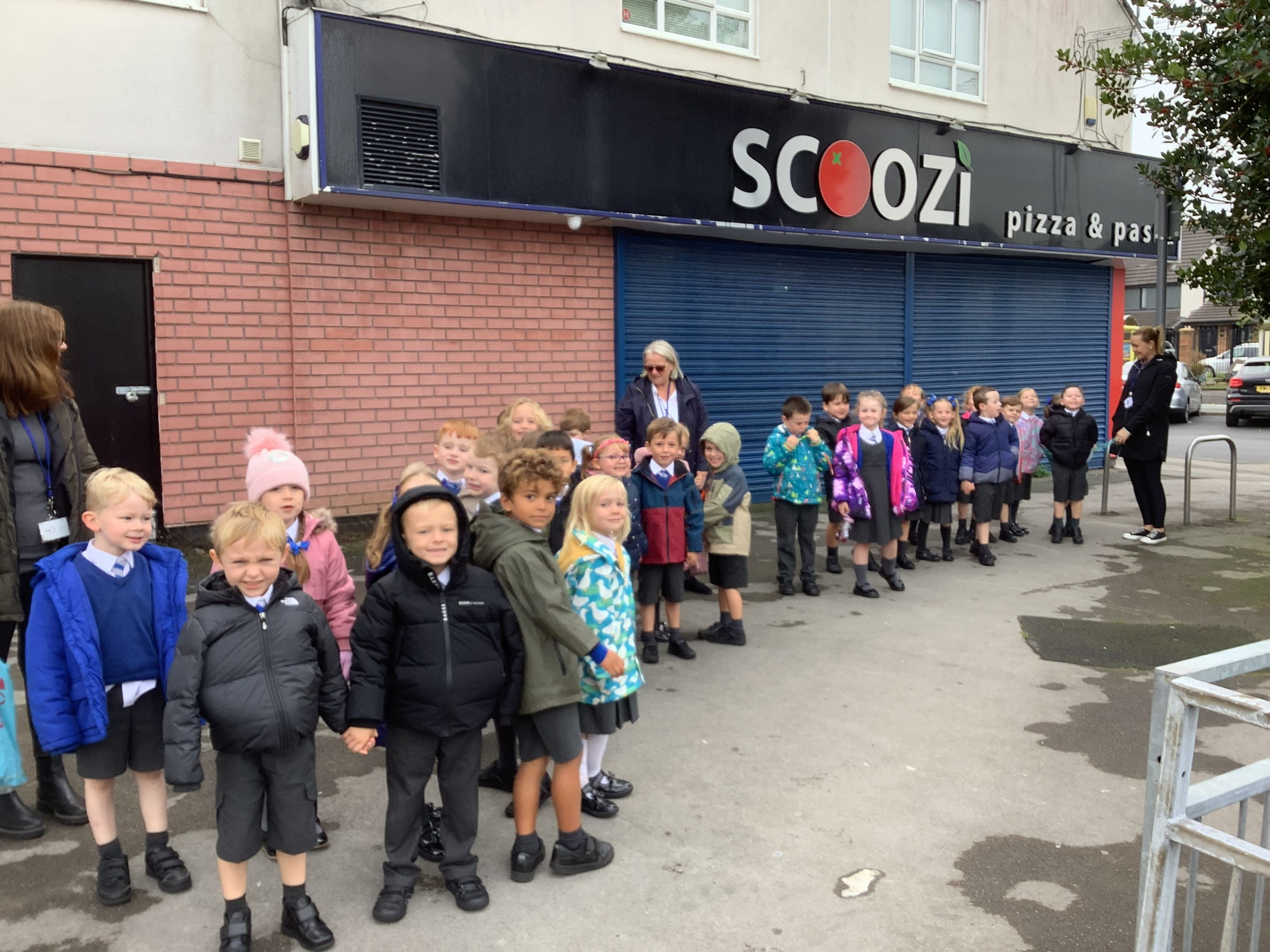

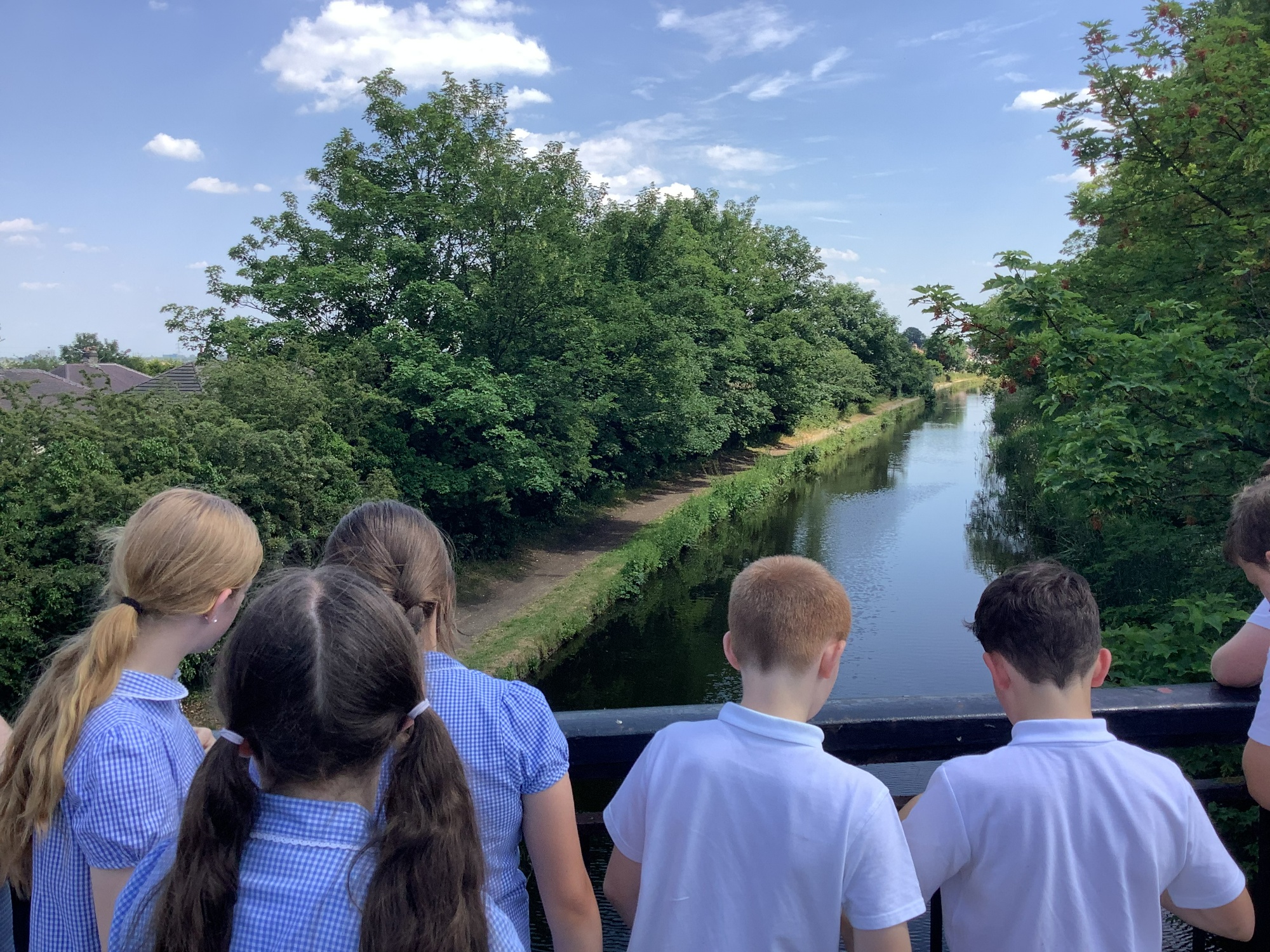
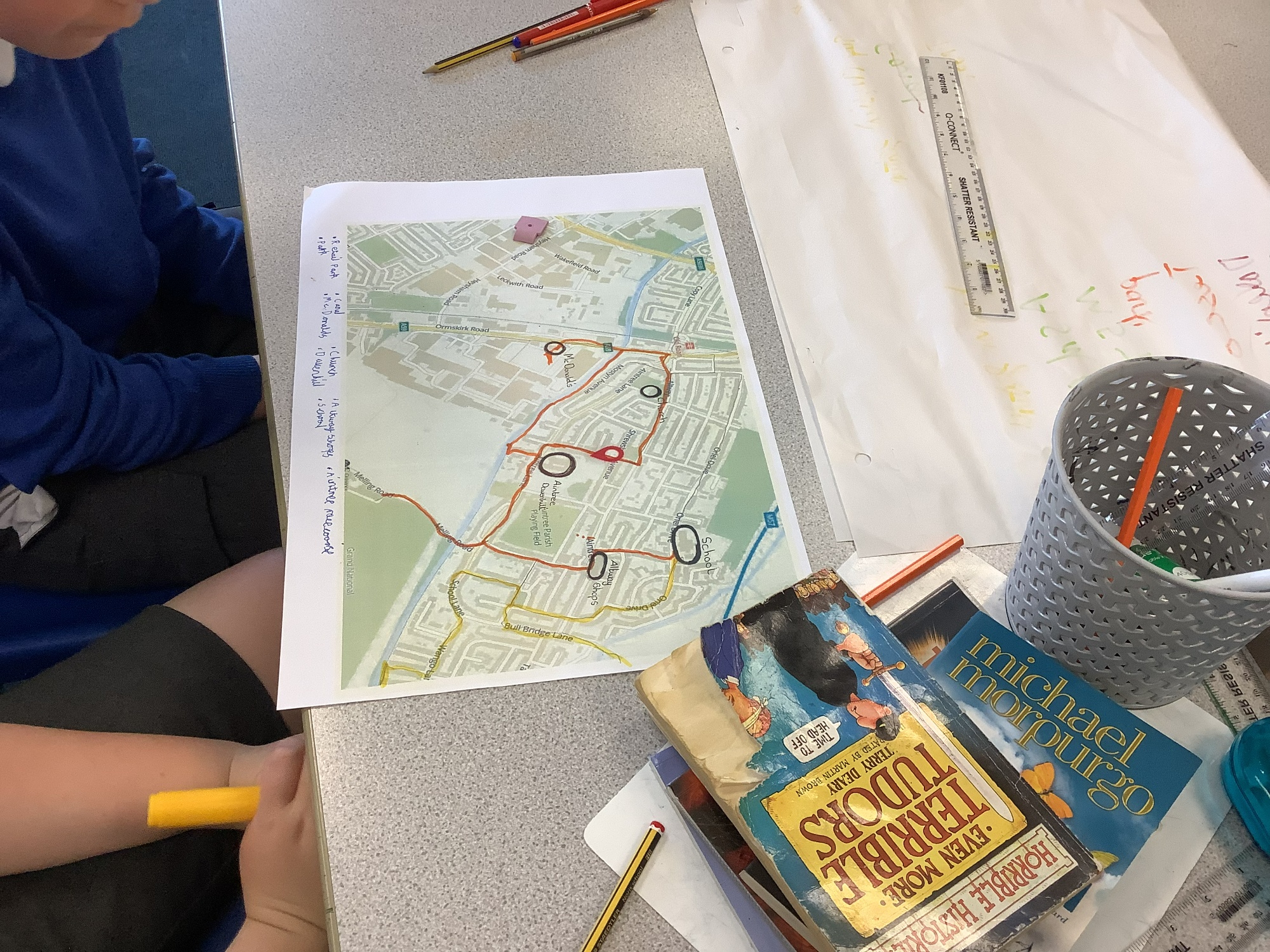
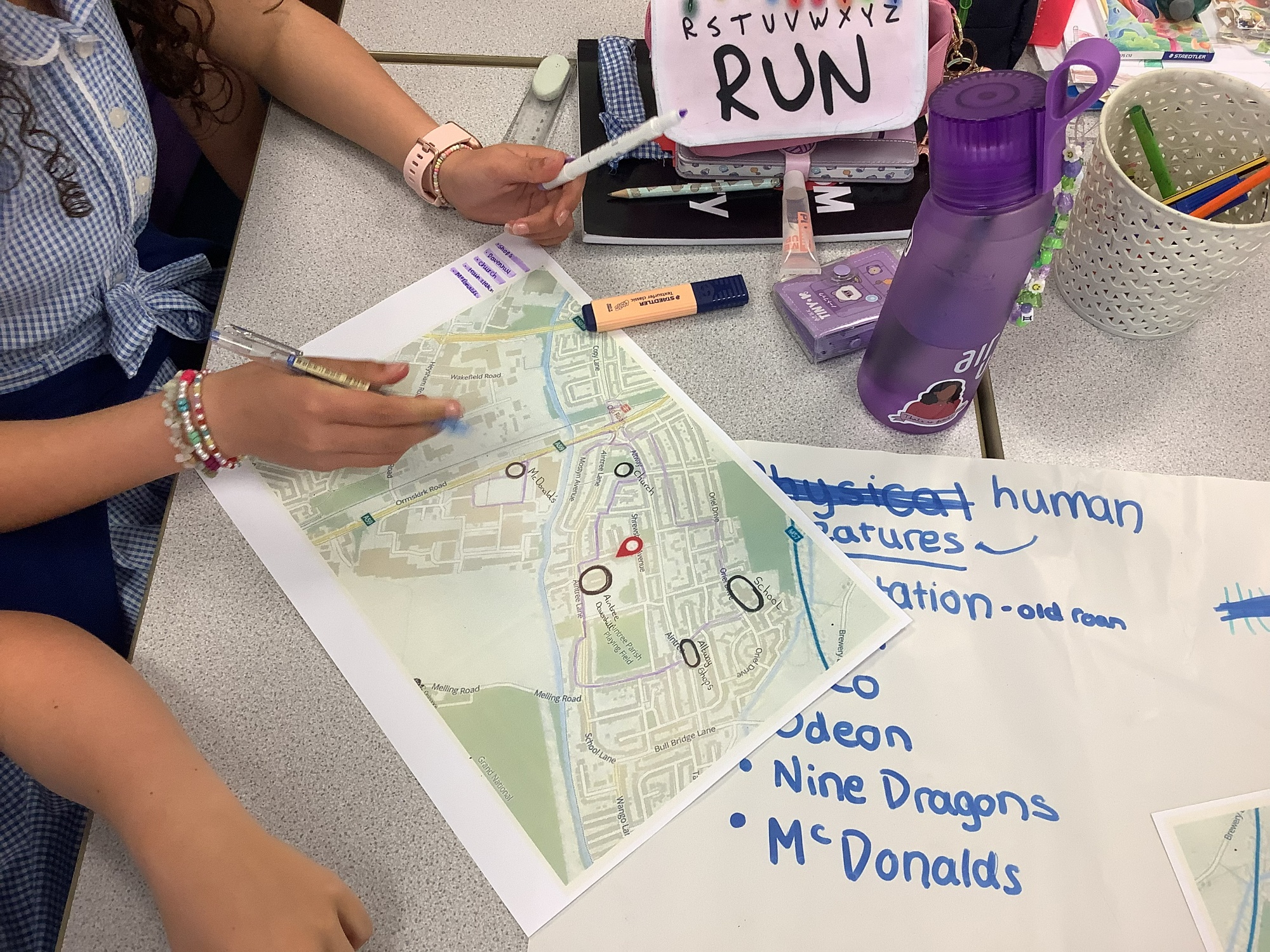
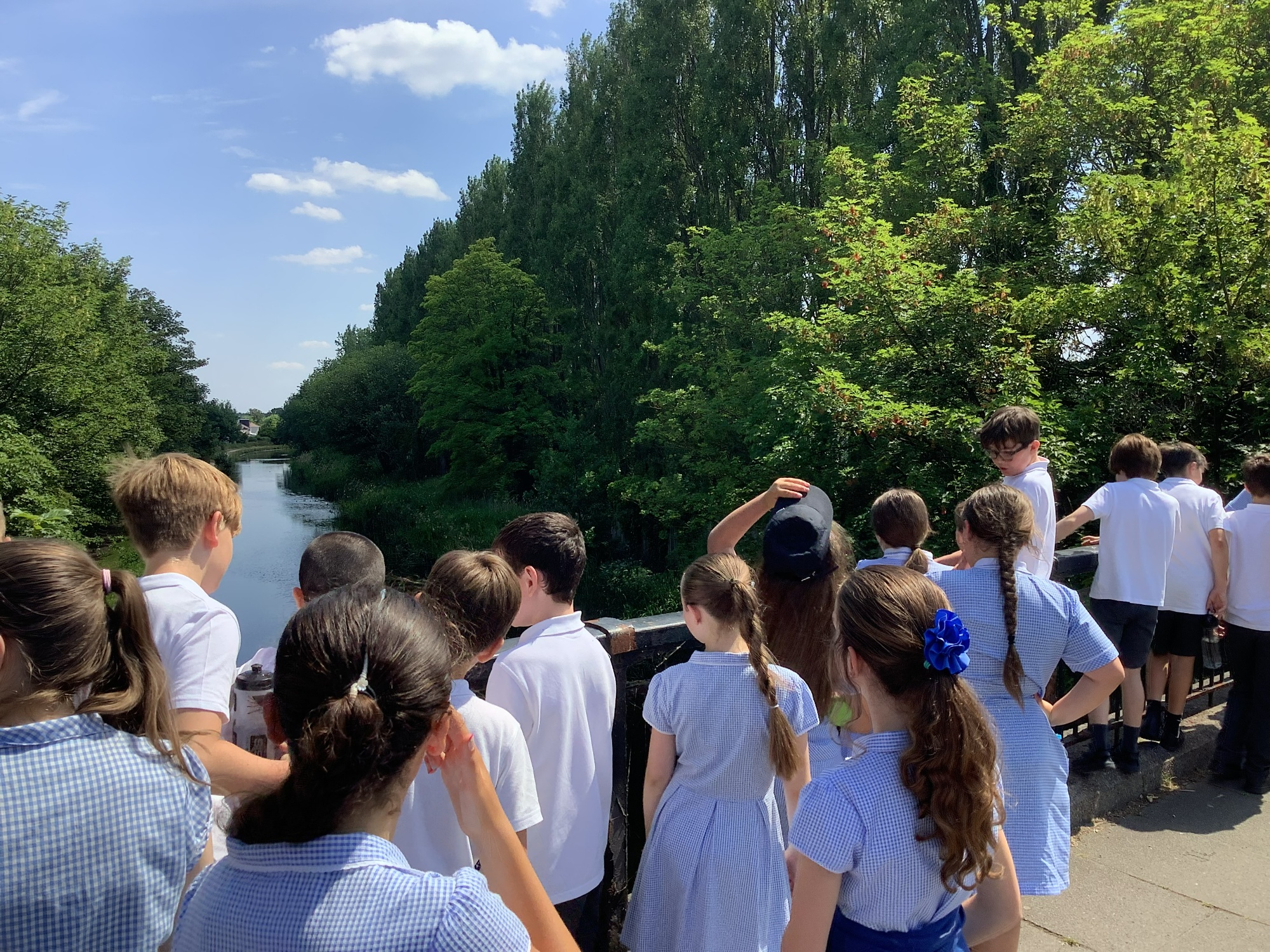
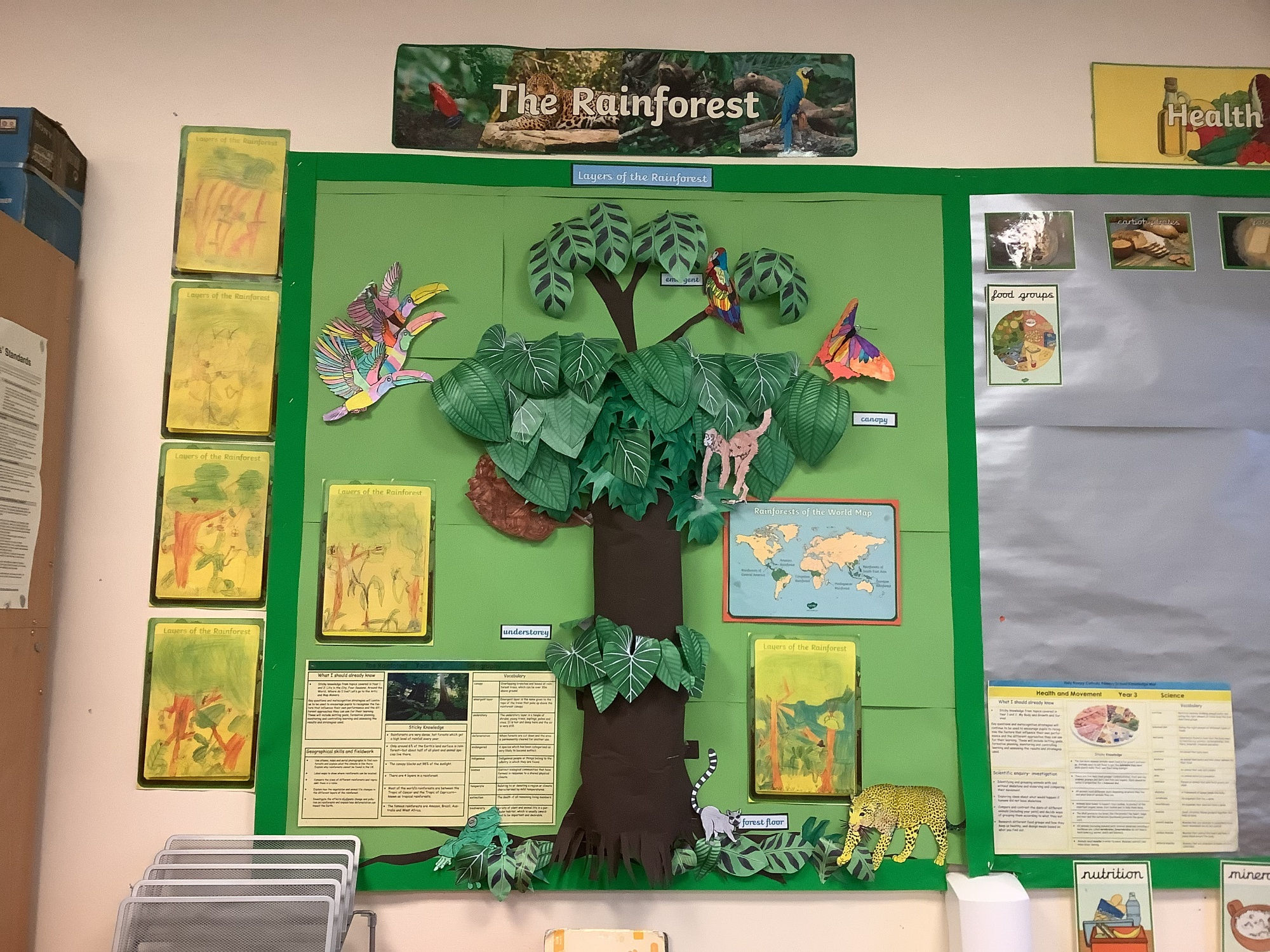
Impact
Our Geography Curriculum is high quality, well thought out and planned to demonstrate progression. Outcomes in our humanities books evidence a broad and balanced curriculum and demonstrate children's acquisition of identified key knowledge. Children review their successes in achieving the lesson objectives at the end of each session whilst also recording what they have learned at the end of the topic compared to their starting points. As children progress throughout the school, they develop a deep knowledge, understanding and appreciation of the local area and its place within the wider geographical context. Regular educational visits and fieldwork provide further relevant and contextual learning. At the end of each topic, teachers assess learning against explicit key outcomes and share this with subject leaders.
